[vc_row][vc_column][vc_column_text]
|By Musa Ishaq
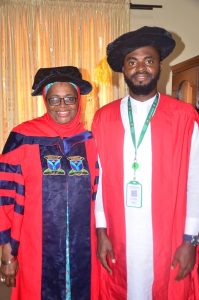
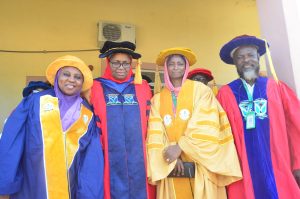
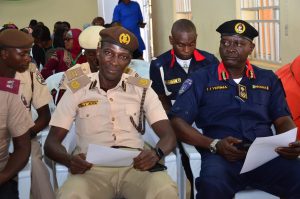
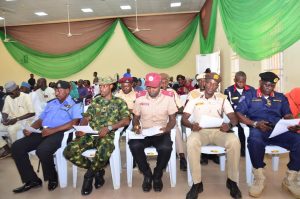
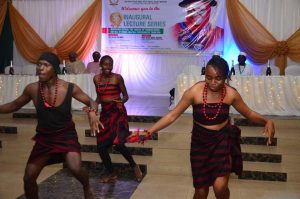
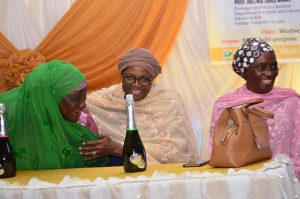
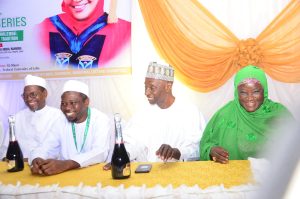
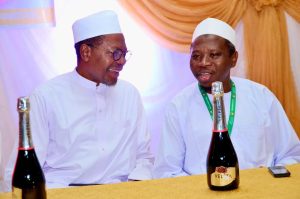
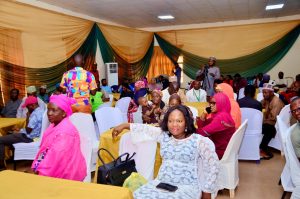
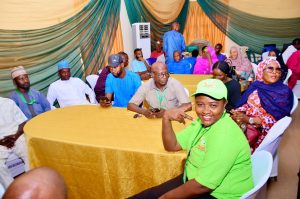
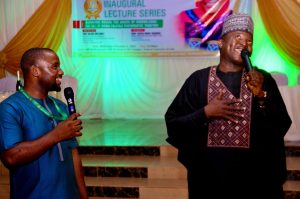
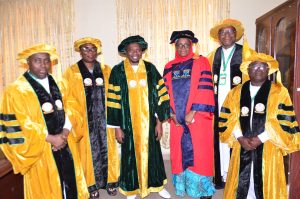
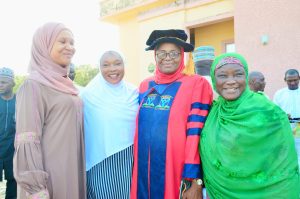
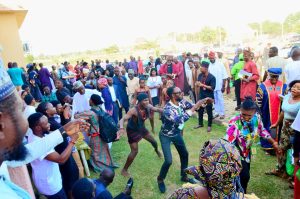
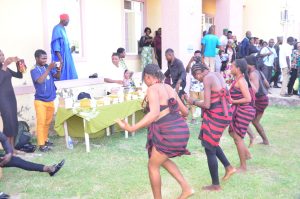
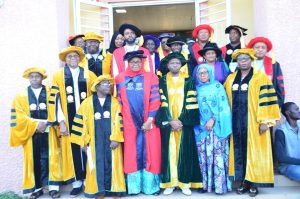
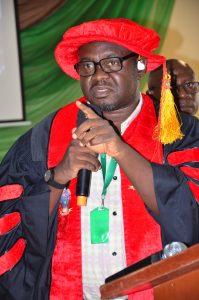
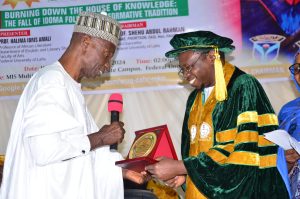
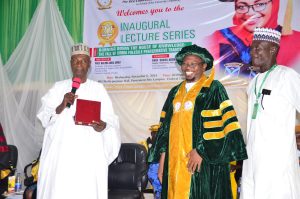
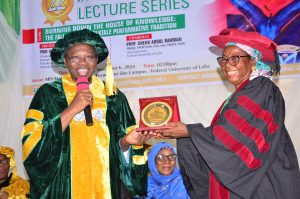
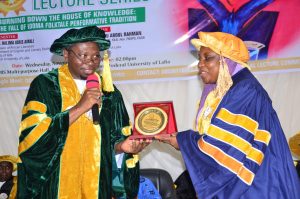
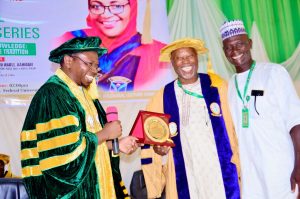
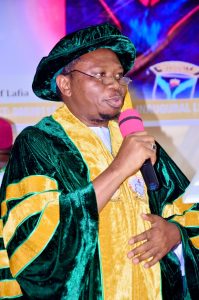
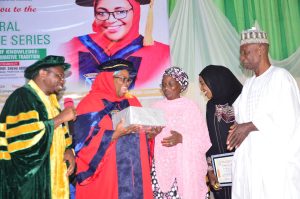
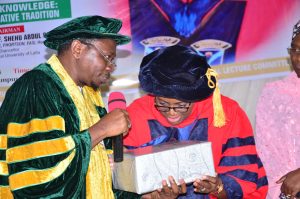
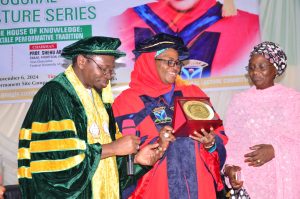
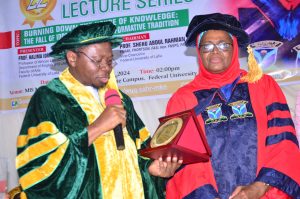
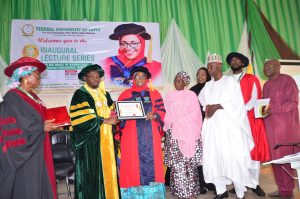
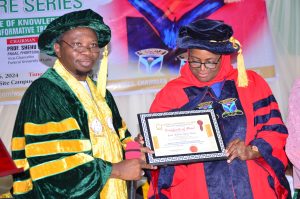
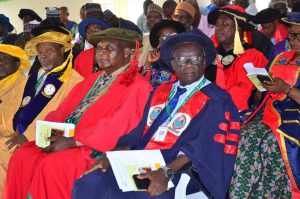
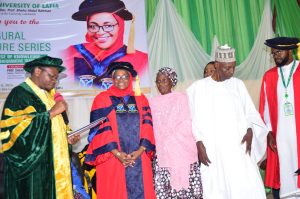
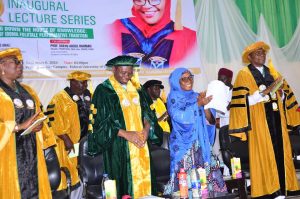
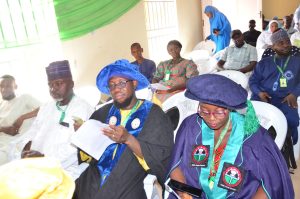
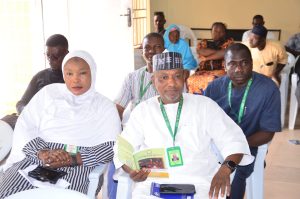
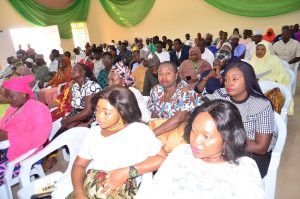
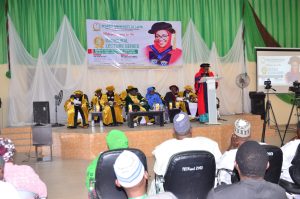
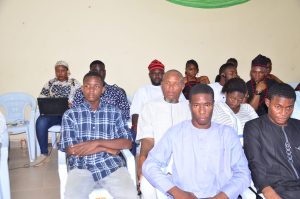
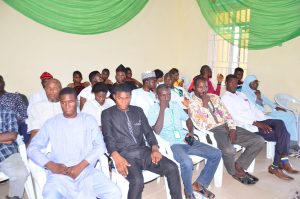
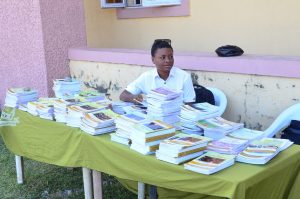
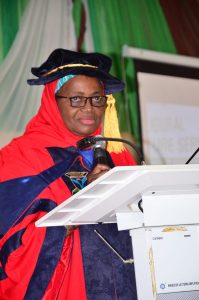
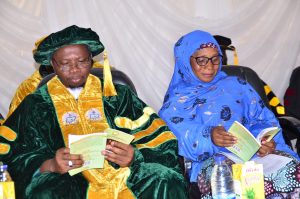
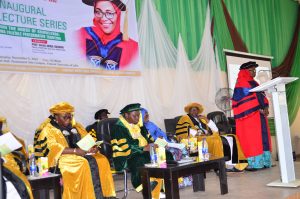
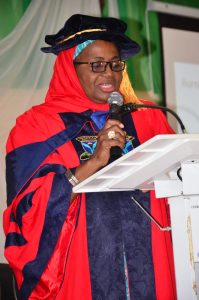
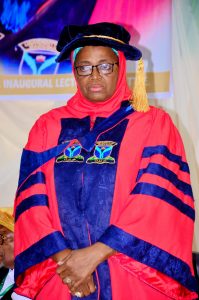
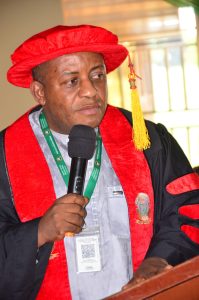
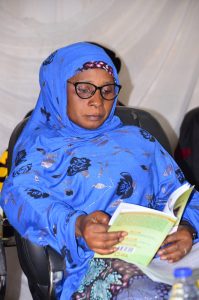
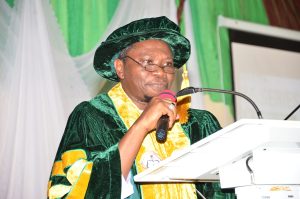
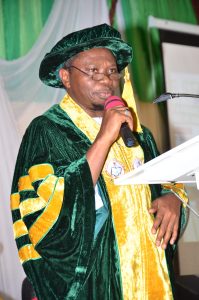
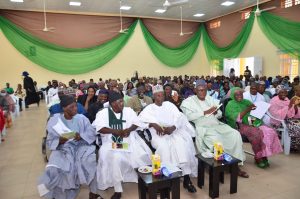
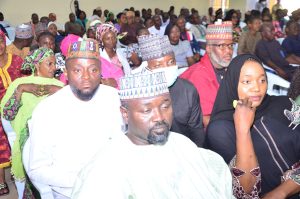
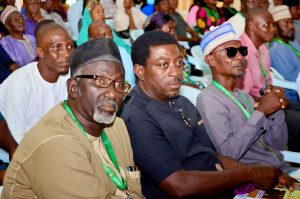
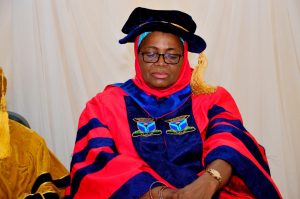
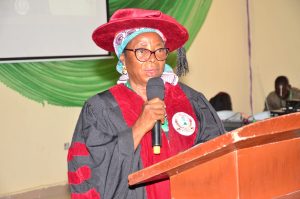
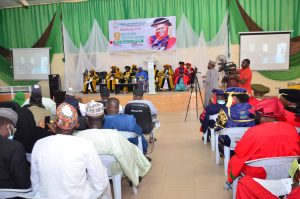
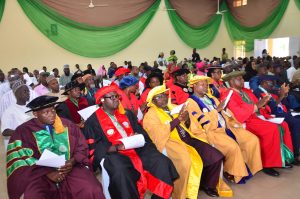
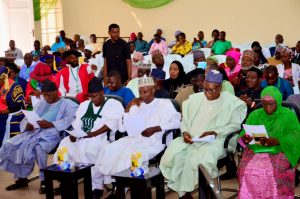
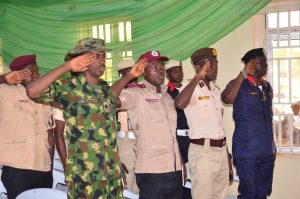
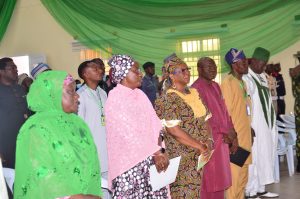
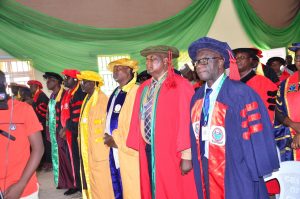
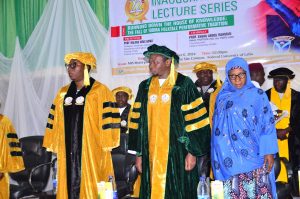
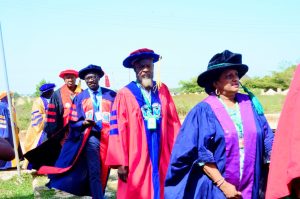
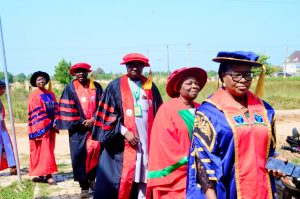
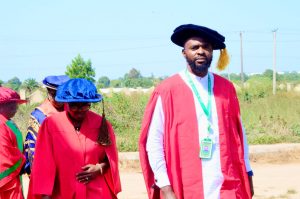
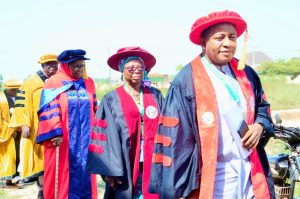
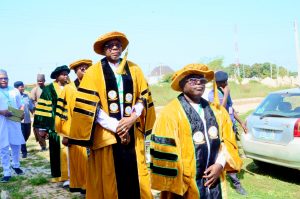
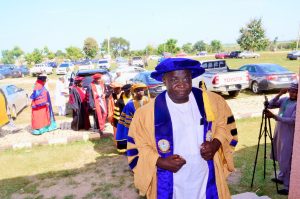 Halima Idris Amali, a professor of African literature in the Department of English and Literary Studies, Faculty of Arts, Federal University of Lafia (FULafia), has identified folktales as tools for cultural revitalisation and fostering of unity in Nigeria.
Halima Idris Amali, a professor of African literature in the Department of English and Literary Studies, Faculty of Arts, Federal University of Lafia (FULafia), has identified folktales as tools for cultural revitalisation and fostering of unity in Nigeria.Lamenting the decline of folktales in contemporary societies, Prof. Halima said that plenty of advantages were lost as a result of the disappearance of the culture of traditional storytelling.
She identified reasons such as the lack of parental involvement in passing down storytelling traditions to younger generations, regretting that educational institutions no longer prioritise the practice of folktales.
The professor raised her concern regarding the educational curriculum in Nigeria, noting a disproportionate emphasis on non-African literature, with works of Shakespeare being made compulsory in objective tests.
She lamented the absence of space for oral literature within these teaching syllabi.
Halima, who is the Head of Department of English and Literary Studies of the Faculty of Arts and Director at Centre for Gender and Development Studies, spoke while delivering her professorial inaugural speech, the 22nd in the institution.
Halima’s inaugural lecture was titled: “Burning Down the House of Knowledge: The Idoma Folktale Performative Tradition.”
The event was held at the MIS Multi-Purpose Hall, Permanent Site Campus of the University.
Halima observed that “Having and promoting Western literatures where the traditional literature is unharvested and unprojected is a harm to the sustenance of the oral genre of folktales.”
Halima cautioned against prioritising Western literatures at the expense of traditional African oral genres, stating that neglecting the rich heritage of folktales could jeopardise the sustainability of this cultural heritage.
Prof. Halima Idris Amali underscored the importance of integrating traditional storytelling practices into education and society, emphasising the need for cultural revitalisation to strengthen national unity.
Halima, who delved into the importance of Idoma traditional folktales, highlighted some importance of Idoma folktales and expressed her concern over their decline.
She attributed this decline to factors such as entertainment hubs, the social media, television and modern movies, saying that they have distracted people from traditional oral storytelling.
Halima that the lack of oral narrators and the influence of foreign media have contributed to the diminishing interest in Idoma folktales.
She called on authorities to promote and sustain the oral lore by reintroducing folktale telling in educational curricula and supporting research in the field.
Earlier, while declaring the occasion open, the Vice-Chancellor of FULafia, Professor Shehu Abdul Rahman, commended Halima for her dedication to preserving African traditional values, acknowledging her contributions to the field of African literature.
He described her as a hardworking academic, praising her performance as the director of the Centre for Gender and Development Studies and Head of the Department of English and Literary Studies.
Welcoming the participants to the occasion, the Chairperson of the Inaugural Lecture Committee of the University, Prof. Josephine Odey, said that Halima’s contributions to the body of knowledge have added value to Idoma culture and underscored the importance of preserving and promoting oral traditions in modern society.
The occasion climaxed with the presentation of certificate, plaque and gift to Halima by Abdul Rahman.
Abdul Rahman also used the occasion to present plaque to other professors, including himself, who had presented their inaugural lecture in other universities before transferring their service to FULafia.
The lecture was attended by well-wishers and dignitaries including the former deputy vice-chancellor of FULafia and husband of Halima, Prof. Idris O.O. Amali, wife of Abdul Rahman, Hajiya Fatima Shehu Abdul Rahman, former secretaries to the Government of Nasarawa State, Dr Zainab Ahmed and Mr Timothy Anjide, Prof. Amina Bashir from the Federal University, Dutsinma, representatives of Andoma of Doma, the Madakin Lafia, Commandant of NDLEA, Nasarawa State, Mr. Peter Odaudu, former deputy speaker, Nasarawa State House of Assembly, and President, Association of Nigeria Authors, Dr. Usman Oladipo Akanbi.
[/vc_column_text][/vc_column][/vc_row]

